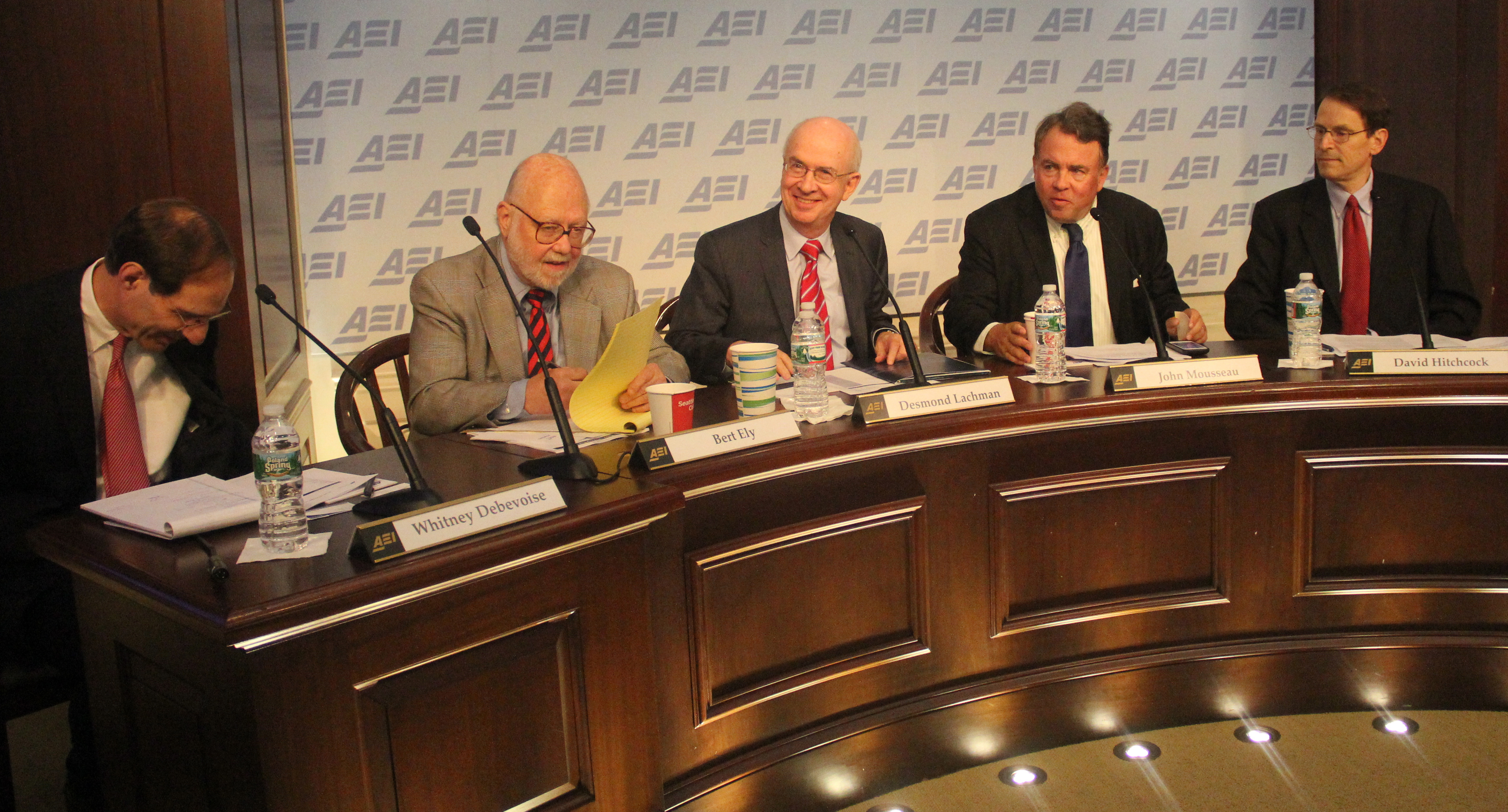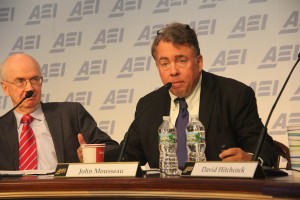WASHINGTON — From bank closings to possible defaults with potentially devastating consequences, the fiscal crises in Puerto Rico and Greece have many parallels.
Standard and Poor’s has lowered the credit rating on Puerto Rico to CCC-minus’ from CCC-plus, the same level as Greece.
“A CCC-plus basically reflects that we don’t have a clear path for default or restructuring,” said David Hitchcock, Standard & Poor’s credit analyst. “A CCC- basically reflects that we think it [default or restructuring] will happen in the next six months.”
Similar to Greece, Puerto Rico’s crisis did not develop overnight. Ever since some federal business tax breaks were phased out for the commonwealth in 2006, Puerto Rico has spiraled into recession. The tax-breaks incentivized mainland manufacturers to relocate to Puerto Rico.
“They were primarily pharmaceutical manufacturers, which are high value wage industries,” Hitchcock said at an American Enterprise Institute panel Tuesday. “Even though they are a small amount of employment, it has a huge impact on GDP.”
Currently, the island’s debt-to-GDP ratio is almost 70 percent. By comparison, the average of the top 10 American states with highest debt-to-GDP ratio is 21 percent.
As Puerto Rico’s crisis worsened, investors were still attracted to the island due to exemptions from both federal and their home state taxes.
Desmond Lachman, a scholar at the conservative-leaning American Enterprise Institute, said that if Greece exits the European Union, it will have far more flexibility in finding paths to economic recovery than will Puerto Rico if it is forced to default.
“Everybody is leaving Puerto Rico,” Lachman said. “There are more Puerto Ricans on mainland United States and they are leaving at 48,000 a year. The people who are leaving are the 25-44 year olds. From a demographic point of view, it looks like a disaster.” Particularly troubling is the brain drain from the commonwealth..
Puerto Rico unemployment rate stands at 12.4 percent.
Both Puerto Rico and Greece are stuck in a currency union – the U.S. dollar and the Euro, respectively.
However, Puerto Rico has no voting representation in the U.S. Congress. Still some hope for a U.S. government bailout. John Mousseau, director of fixed income at Cumberland Advisors, said some government intervention is inevitable.
“I find it very hard to imagine the United States letting a U.S. territory go under,” Mousseau said. “If I am a holder of U.S. debt like China and I hold billions of dollars in treasuries, if you are going to let a U.S. territory go under, what’s next … ? I think the United States needs to get involved.”



